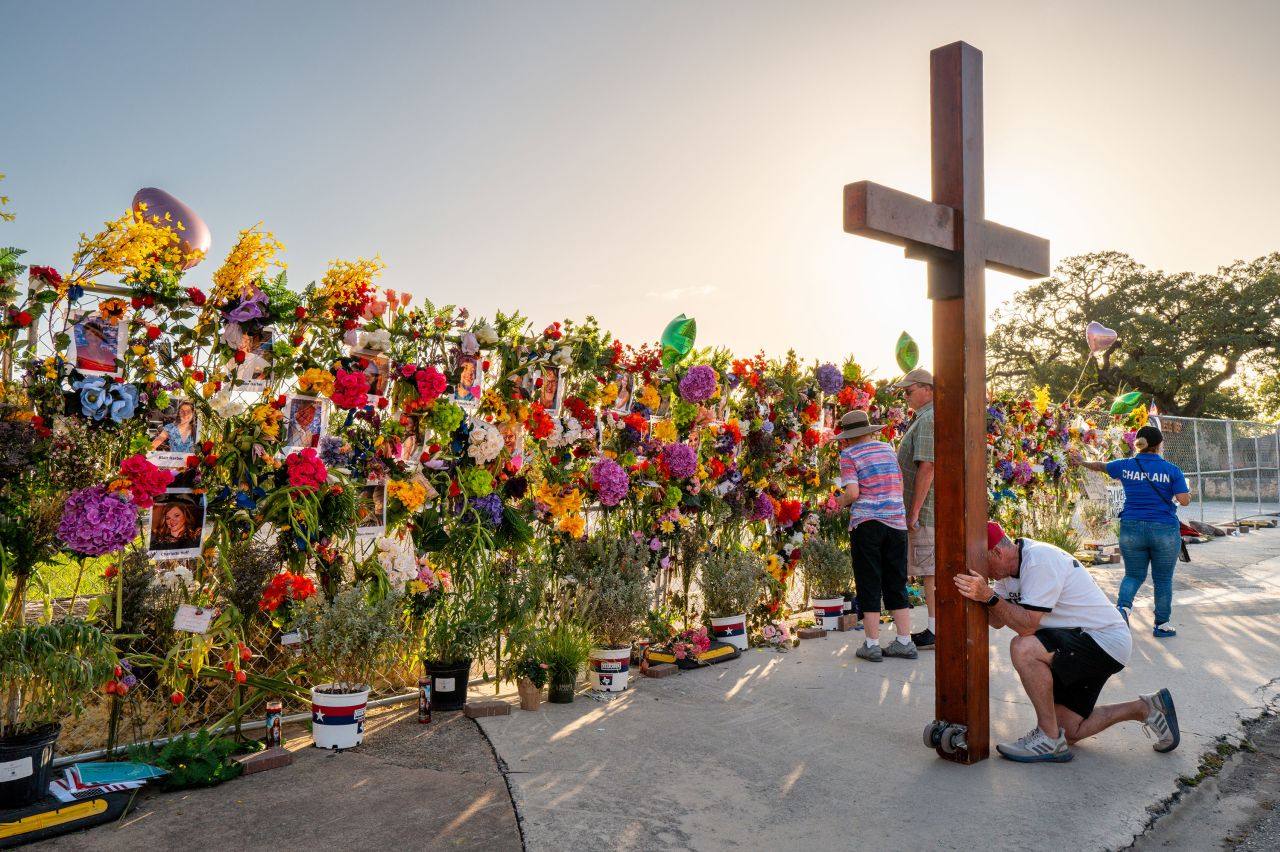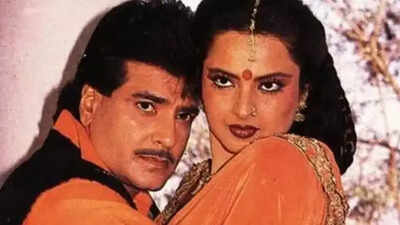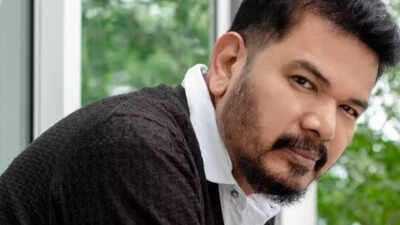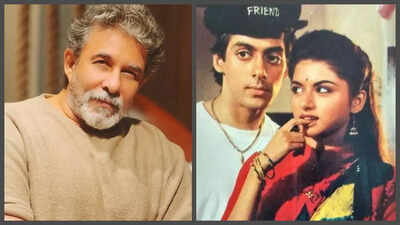The market at Kurawali, a small town in Mainpuri district of Uttar Pradesh, is being decked with lights and Shri Ram flags. Ajaypal Singh, 28, from Ashokpur Village adjacent to the town, is beaming with excitement.
Munching peanuts next to a fire to beat the biting cold, Singh says, “People’s faith has been associated with Ram for centuries and, on January 22, decades of tapasya (penance) will come true. For us, under Yogi-Modi, this is Ram Rajya. Post-January 22, all deities will come on Earth, it is our faith.”
Singh and his friends who are fellow Lodhi Rajputs (an OBC caste), say they are happy that the mosque was demolished under the BJP and that the temple is also coming up under the party’s rule.
The Mainpuri-Etawah belt in central UP is regarded as a bastion of the Samajwadi Party (SP), home to its late founder Mulayam Singh Yadav and dominated by Yadavs. Mulayam’s daughter-in-law Dimple Yadav is currently the MP from Mainpuri. Mainpuri and Etawah districts also have a sizeable population of Lodhi Rajputs and Shakya-Kushwahas – the former being traditional voters of the BJP, and the latter gravitating towards the party under Modi.
In UP politics, if the BJP is the party of the temple, Mulayam is the man under whose rule as chief minister, kar sevaks advancing towards the Ram Janmabhoomi site on October 30 and November 2, 1990, were fired upon, leaving more than 20 dead. Under the BJP government that followed in the state, led by Kalyan Singh, the Babri Masjid was demolished. The BJP wants the people to never forget this, but 30 years down the line, as a new generation takes over, these facts are blurred by history, with the hard line drawn by Mulayam itself faint under the SP’s brush with Hindutva politics.
In the run-up to the temple inauguration, Dimple said that “if invited, we will go”. Husband and SP chief Akhilesh Yadav kept his options open till the very end, before finally declaring that while he was very happy about the temple coming up, he would visit later.
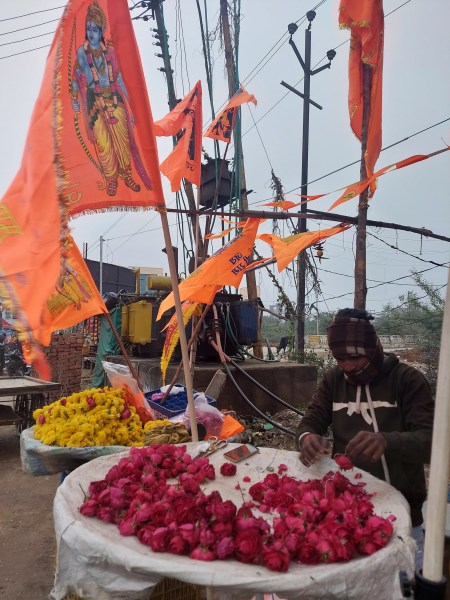
On the SP turf too, there is similar ambivalence. Two kilometres from Kurawali, in the Yadav-dominated Mahadeva village, Shailendra Yadav scoffs at the mention of the temple.
“What’s the point of the Ram Temple. Is it going to give us jobs? Look at the amount of money being spent. If that money was spent on poor people, it would do some good,” Shailendra, who is unemployed, says.
However, others in the village are not as dismissive. Sippu Yadav, 30, who runs a computer centre and has an SP flag on his house, says, “Muslims have Mecca-Madina. Hindus should also have some place like that. We all worship Ram. Ab Ram temple Hindustan mein nahin banega, toh kya Pakistan mein banega (If not in India, will Ram temple be built in Pakistan)?”
But even Sippu does not agree with the hype around the event, and backs Akhilesh’s decision to skip the inauguration.
While Anuj Yadav, a 32-year-old tutor, is not so sure about Akhilesh’s move – “People don’t feel good about it. Ram is above party politics” – he agrees that the call for celebrations of the scale of Diwali is misplaced. “We didn’t beat thaalis either (when the government called for it during Covid). Sentiments are there, but we are not blind followers.”
Another Yadav youth in the village, also named Shailendra, has a Ram flag atop his house and is planning to visit Ayodhya soon. But, over the sound of Ram bhajans blaring from his house, he says, his vote remains for the SP.
A few kilometres away, in Singhpura village, Sumit Yadav, a 19-year-old student, asks why the consecration ceremony has become a “Modi-Yogi” event. “This temple is being built following a court order. Even a Congress government would have to build it. Why don’t they do something about jobs and the stray cattle that is destroying crops?” he says.
The lack of jobs comes up in Saifai, Mulayam’s native village, in Etawah district too. “Ram Temple is good, but the government should do something about jobs. There has been no recruitment in the state for years,” says Gulshan Yadav, a 22-year-old pursuing BSc.
His friend from the Shakya community, Avanish, 24, who is looking for a job since finishing Bcom, adds: “They are saying celebrate Diwali. But is it Diwali? We will celebrate when it is Diwali. We will go to Ayodhya when we want.”
The “Modi-Yogi” stamp on the event is a concern for several across the village, even some BJP supporters. Hariom Rajput, 30, who sells insecticides in Bijpuri Kheda on the Saifai-Etawah road, is happy about Ayodhya emerging as a pilgrimage site, “adding to the aura of Hindus”. But, Rajput, says, “the government should not have got involved in the consecration ceremony” and left it to priests. “Politicians have no business getting involved with religious rituals. They should focus on providing amenities to people.”
However, Aman Kushwaha, a 22-year-old flower-seller in Etawah town, who claims to be doing brisk business selling Shri Ram flags, finds nothing wrong with Modi and Yogi inaugurating the temple. Having booked a vehicle to go to Ayodhya with his friends after the consecration ceremony, Aman says: “The temple wouldn’t have been built without them.”







